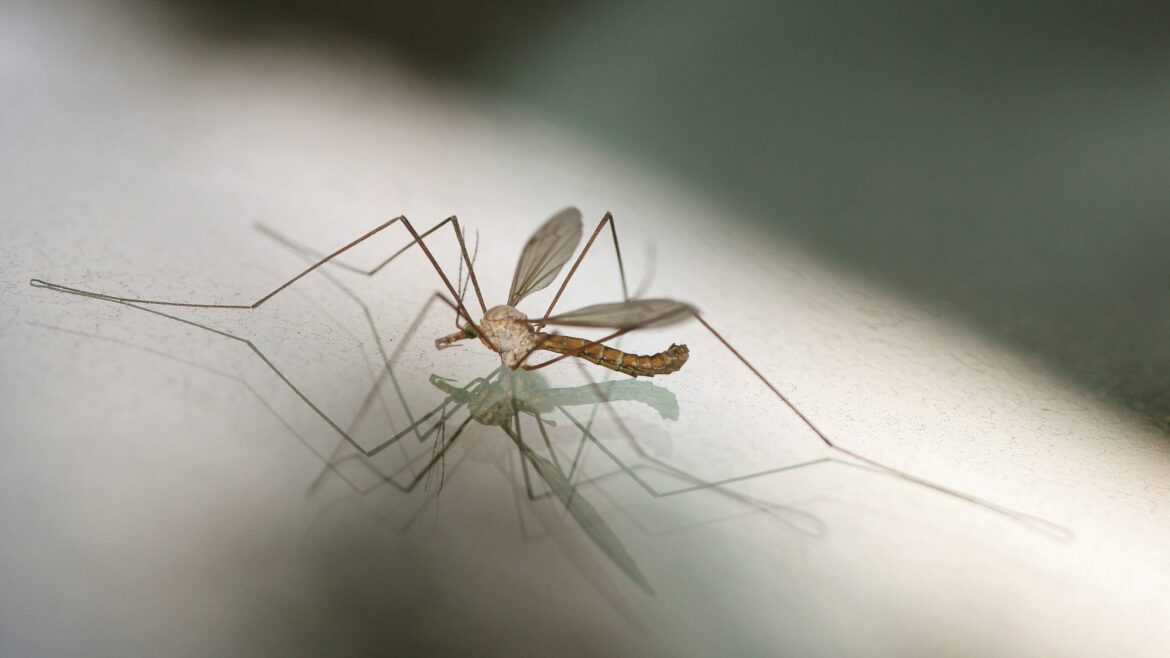2.6K A snake bite is unpleasant. As a rule, the area swells and itches intensely. In some cases, however, a mosquito bite that is actually harmless can also pose a great danger to your health. What you need to know about this, we explain in this article.
Mosquito bite – only unpleasant itching or danger for your health
A snake bite is unpleasant. As a rule, the area swells and itches intensely. In some cases, however, a mosquito bite that is actually harmless can also pose a great danger to your health. What you need to know about this, we explain in this article.
Mosquito bite – only unpleasant itching or danger for your health
If you are stung by a snake, your body reacts to it. By snake, of course, we mean the mosquito, in some regions in Germany these terms are used synonymously. The actual snake, called Tipulidae in technical jargon, cannot bite. Their mouthparts cannot pierce our skin.
- When a mosquito bites, the first thing it does is release a little saliva. The proteins contained in the saliva dilate the blood vessels and locally inhibit blood clotting. This makes it easier for the mosquito to do what it actually wants to do, namely suck blood.
- However, the proteins in saliva also activate certain defense cells. This sets off a defensive reaction in the body – the body releases histamine.
- Histamine is responsible for making mosquito bites itch and swell. Bacteria can also enter the wound with the bite itself or by scratching. In this case, the bite becomes inflamed.
- Furthermore, scratching can cause the bacteria to enter the lymphatic channels. The result is lymphedema. If the bacteria get into the bloodstream, there is a risk of blood poisoning, known as sepsis.
- It is essential to treat such blood poisoning in good time. Otherwise, serious complications may occur. In some cases, sepsis is even fatal.
- Dangerous can be a mosquito bite in the mouth and throat area. Severe shortness of breath can occur due to the swelling. This is also a case for medical advice.
A severe allergy to mosquito bites is rare
.
In bee and wasp bites, allergies to the insects’ venom are possible. In mosquito bites, this is rare.
- Mosquitoes do not inject venom when they bite, but – as already mentioned – only proteins. A true allergy to these proteins is possible, but very rare.
- If such an allergy is present, the affected person can also suffer a life-threatening allergic shock, also called anaphylactic shock, after a mosquito bite.
- This type of anaphylactic reaction is manifested by nausea, shortness of breath, and rapid heartbeat, and can even lead to circulatory arrest.
- If signs of an anaphylactic reaction occur, be sure to call 911 immediately. This is then a life-threatening emergency situation.
*** Translated with www.DeepL.com/Translator (free version) ***
